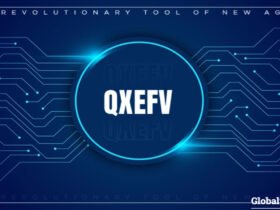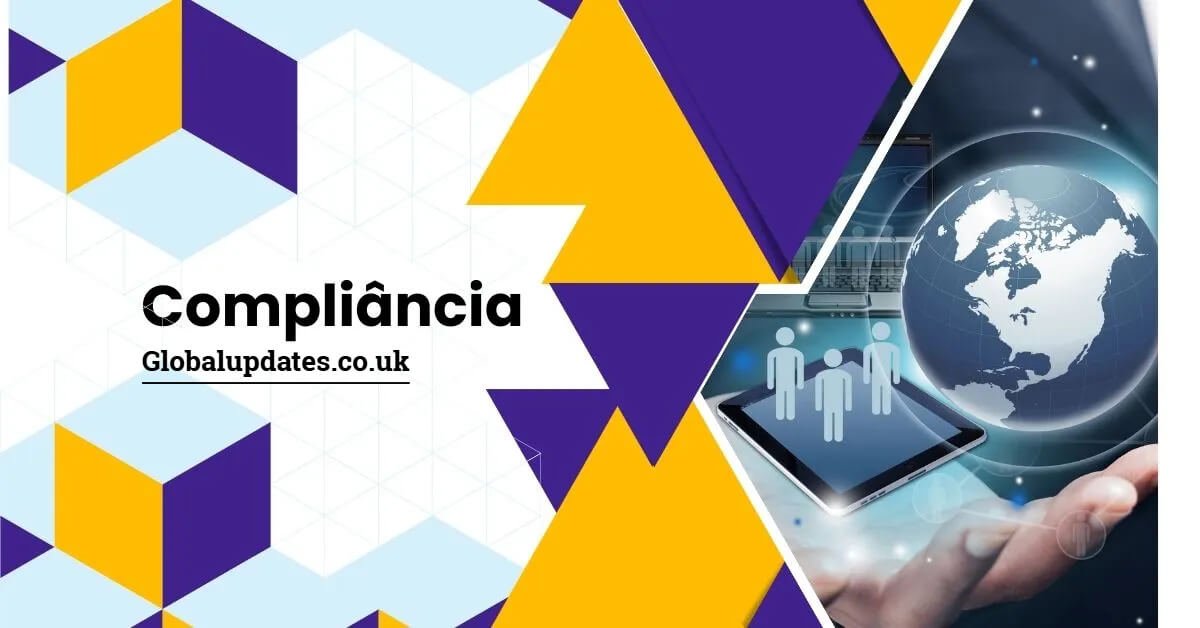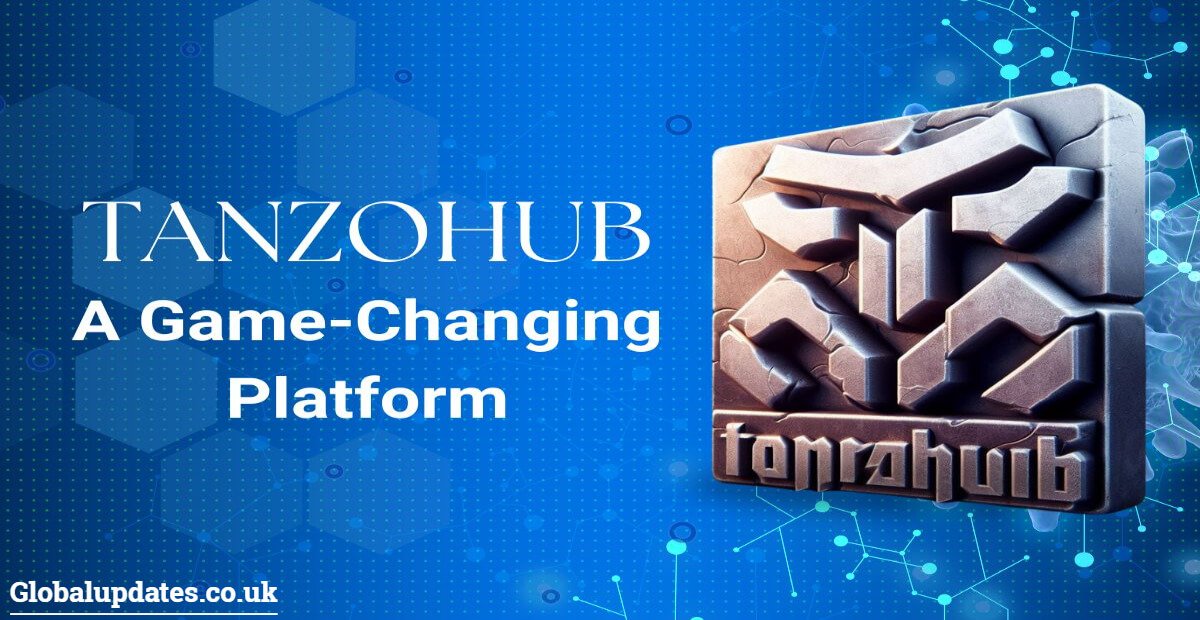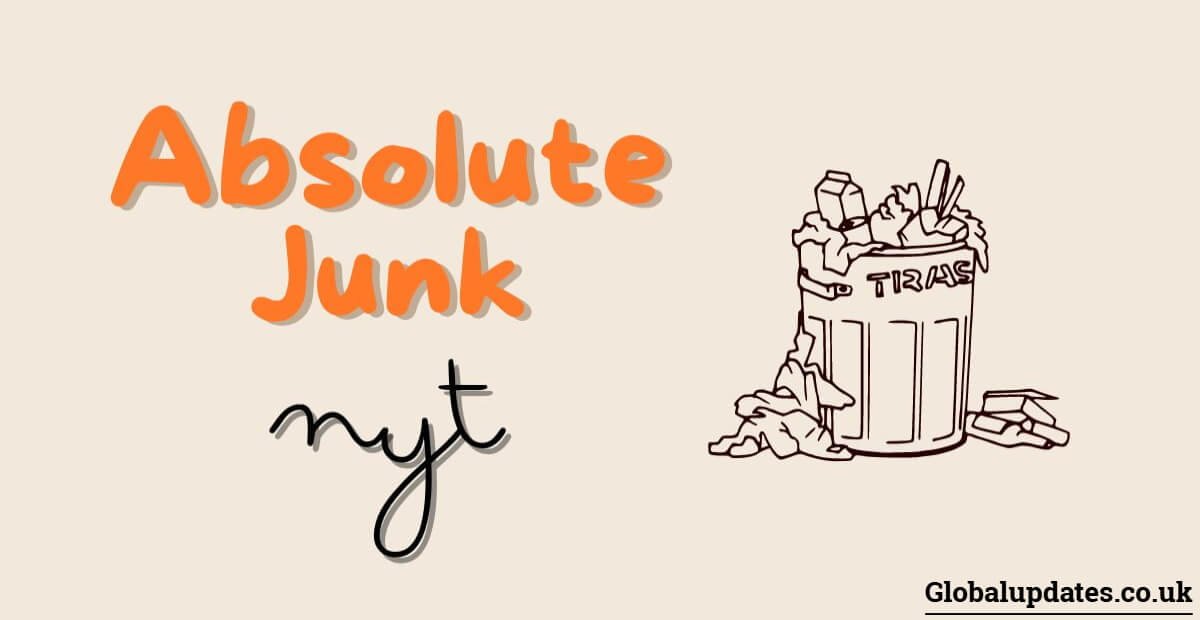In today’s fast-paced business world, navigating the maze of regulations can feel overwhelming. Enter “compliância”—a term that has become essential for modern businesses striving to thrive amid complex legal landscapes and ethical standards. But what exactly does compliância mean, and why should it matter to you?
Compliância encompasses a variety of practices aimed at ensuring organizations adhere not just to laws but also to internal policies and industry standards. It’s about creating an environment where integrity takes center stage, safeguarding your company from potential pitfalls while building trust with stakeholders.
As we delve deeper into this topic, we’ll explore how mastering compliância can elevate your business reputation and shield you from costly missteps. Get ready to uncover critical strategies that will help you navigate compliance effectively in today’s dynamic marketplace!
The Fundamentals of Compliância
Understanding the fundamentals of compliância is crucial for any business aiming to thrive in today’s regulatory environment.
Key components include legal requirements, which outline the laws businesses must follow to operate legally. These regulations can vary widely by industry and location, making it essential for organizations to stay updated.
Ethical standards play a significant role as well. They guide decision-making beyond mere compliance, fostering an environment of integrity and accountability within the workplace.
Operational procedures are vital too; they establish clear protocols that ensure adherence to both legal and ethical guidelines. These procedures help streamline operations while mitigating risks associated with non-compliance.
Different types of compliância exist within various sectors. Financial compliance focuses on adhering to fiscal regulations and reporting standards. Data protection involves safeguarding personal information against breaches, reflecting society’s growing emphasis on privacy rights.
Environmental compliance ensures businesses meet ecological regulations, promoting sustainability efforts that resonate with consumers today. Industry-specific compliance addresses unique challenges faced by particular sectors, tailoring strategies accordingly for better outcomes.
Essential Guidelines for Implementing Compliância
Establishing a solid compliance framework is crucial for any business. Start by developing clear policies and procedures that outline expectations. This creates a roadmap for employees, ensuring everyone understands their responsibilities.
Assign specific roles within the team to promote accountability. When individuals know they’re responsible for certain aspects of compliance, it strengthens adherence across the organization.
Next comes risk assessment and management. Identify potential compliance risks early on. Conduct regular assessments to pinpoint areas needing attention and devise strategies to mitigate those risks effectively.
Training is another vital element in this process. Engage employees with informative sessions tailored to your company’s unique needs. An informed workforce can better navigate complex regulations and uphold ethical standards.
Establish consistent monitoring and auditing practices. Regular audits help ensure ongoing compliance while continuous monitoring keeps you ahead of potential issues before they escalate into serious problems.
Must Read:
Benefits of Strong Compliância Practices
Strong compliância practices offer numerous advantages for businesses today. They significantly enhance a company’s reputation, cultivating trust among stakeholders. When clients and partners see an organization committed to compliance, they are more likely to engage and collaborate.
Reducing legal and financial risks is another critical benefit. Companies that prioritize compliance can avoid hefty fines and penalties associated with non-compliance issues. This proactive approach minimizes the potential for operational disruptions, allowing businesses to focus on growth instead of legal battles.
Moreover, strong compliância fosters a culture of integrity within the workplace. By promoting ethical business practices, organizations encourage responsible decision-making among employees at all levels. This creates an environment where everyone feels accountable, leading to better overall performance and morale throughout the company.
Common Challenges in Achieving Compliância
Navigating complex regulations can feel like walking through a maze. Each industry has its own set of rules, and understanding these diverse requirements is crucial for compliance. Staying up-to-date with changes in laws adds another layer of complexity, as businesses must adapt quickly to avoid penalties.
Resource allocation presents another challenge. Companies often struggle to distribute their budget effectively while ensuring they have the right personnel in place. Striking a balance between compliance efforts and broader business objectives can be tricky but is necessary for sustainable growth.
Technology plays a pivotal role in modern compliance management. Leveraging software solutions can streamline processes and improve efficiency, yet organizations must also prioritize data security and privacy concerns. Implementing robust systems requires careful planning to ensure that all regulatory aspects are covered without compromising sensitive information.
Best Practices for Effective Compliância Management
Leaders play a pivotal role in driving compliance within their organizations. Their commitment to adhering to regulations sets the tone for everyone else. When executives prioritize compliance, it becomes ingrained in the company culture.
Open communication is essential for effective compliance management. Creating channels that encourage employees to report issues fosters transparency and trust. It empowers staff to voice concerns without fear, promoting a safer working environment.
Continuous improvement is vital for staying ahead in a dynamic regulatory landscape. Regularly updating compliance programs ensures they remain relevant and effective. Learning from past breaches can guide future strategies, helping businesses avoid repeating mistakes while enhancing their approach to compliância.
Case Studies: Successful Compliância Implementation
Case Study 1: TechCorp
TechCorp implemented a robust compliance strategy focused on data protection and privacy. They established clear policies aligned with GDPR regulations, ensuring all employees received comprehensive training. Regular audits were conducted to assess adherence.
The outcome was impressive. Not only did they avoid hefty fines, but customer trust surged as clients felt more secure in their data handling practices. The lessons learned emphasized the value of proactive risk management and continuous education.
Case Study 2: EcoSolutions
EcoSolutions adopted an environmental compliance framework to meet local regulations effectively. Their approach involved integrating sustainability into every operational procedure while engaging employees through workshops.
Results showed a significant reduction in waste production and energy consumption, leading to cost savings. Feedback revealed that employee engagement soared when they understood how their actions contributed positively to the environment. This case highlighted that fostering a culture of accountability can drive meaningful change throughout an organization.
The Future of Compliância in Modern Businesses
The landscape of compliance is evolving rapidly. Digital transformation is a driving force, reshaping how businesses approach compliância. Companies are increasingly leveraging technology to streamline their processes and enhance accuracy.
Globalization adds another layer of complexity. With operations spanning multiple countries, organizations must navigate diverse regulatory frameworks and cross-border regulations. This requires agility and adaptability in compliance strategies.
Anticipating future regulatory changes becomes essential for staying ahead. Businesses that proactively assess potential shifts can mitigate risks effectively.
Investing in advanced compliance technology offers a competitive edge. Tools like AI-driven analytics can provide real-time insights, enabling companies to respond swiftly to emerging challenges while ensuring adherence to rules across different jurisdictions.
As the business world continues to change, embracing these trends will be crucial for maintaining robust compliance practices that foster trust and integrity within the marketplace.
Conclusion
Understanding the critical role of compliância can transform how businesses operate. By embracing legal requirements, ethical standards, and operational procedures, companies position themselves for long-term success.
Fostering a culture that prioritizes compliance enhances trust among stakeholders while mitigating risks associated with non-compliance. It’s clear that organizations must not only adhere to regulations but also promote ethical practices throughout their operations.
Businesses are encouraged to take proactive steps toward building robust compliance frameworks. Investing in employee training, regular audits, and effective communication channels will pave the way for sustainable growth.
For those seeking more information on implementing successful compliance strategies, numerous resources are available online. Engaging with expert consultants or joining industry-specific forums can provide valuable insights as you embark on this essential journey.
Frequently Asked Questions (FAQs)
What is Compliância and Why is it Important for Businesses?
Compliância refers to the adherence to laws, regulations, and internal policies that govern a business’s operations. It is crucial for businesses to maintain compliância to avoid legal penalties, protect their reputation, and ensure sustainable growth. By implementing effective compliância practices, companies can mitigate risks, enhance operational efficiency, and build trust with stakeholders, which are essential for long-term success in today’s competitive market.
What Are the Common Challenges in Maintaining Compliância?
Maintaining compliância can be challenging due to the complexity of regulatory environments, especially for businesses operating in multiple jurisdictions. Common challenges include staying updated with frequent changes in laws, allocating sufficient resources for compliance efforts, integrating compliance into daily operations, and ensuring that all employees understand and adhere to compliance policies. Overcoming these challenges requires a strategic approach, including investing in compliance training, leveraging technology for monitoring, and fostering a culture of compliance throughout the organization.
How Does Technology Influence Compliância Management?
Technology plays a pivotal role in compliância management by automating compliance processes, improving data accuracy, and enabling real-time monitoring of compliance activities. Compliance management software can help businesses track regulatory changes, manage documentation, conduct audits, and generate reports more efficiently. Additionally, technologies like artificial intelligence and machine learning can predict potential compliance risks and provide insights for proactive risk mitigation, thereby enhancing the overall effectiveness of a company’s compliância efforts.
How Often Should a Business Review Its Compliância Policies?
Businesses should review their compliância policies regularly to ensure they remain current with evolving laws and regulations. It is recommended to conduct a thorough review at least annually, or more frequently if there are significant changes in the regulatory landscape, business operations, or industry standards. Regular reviews help identify gaps, update policies as needed, and reinforce the importance of compliance within the organization, thereby maintaining a strong compliância posture and reducing the risk of non-compliance.











































Got a Questions?
Find us on Socials or Contact us and we’ll get back to you as soon as possible.